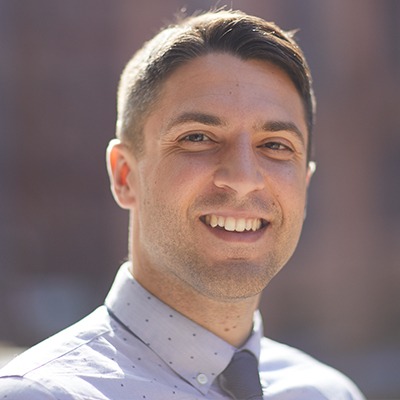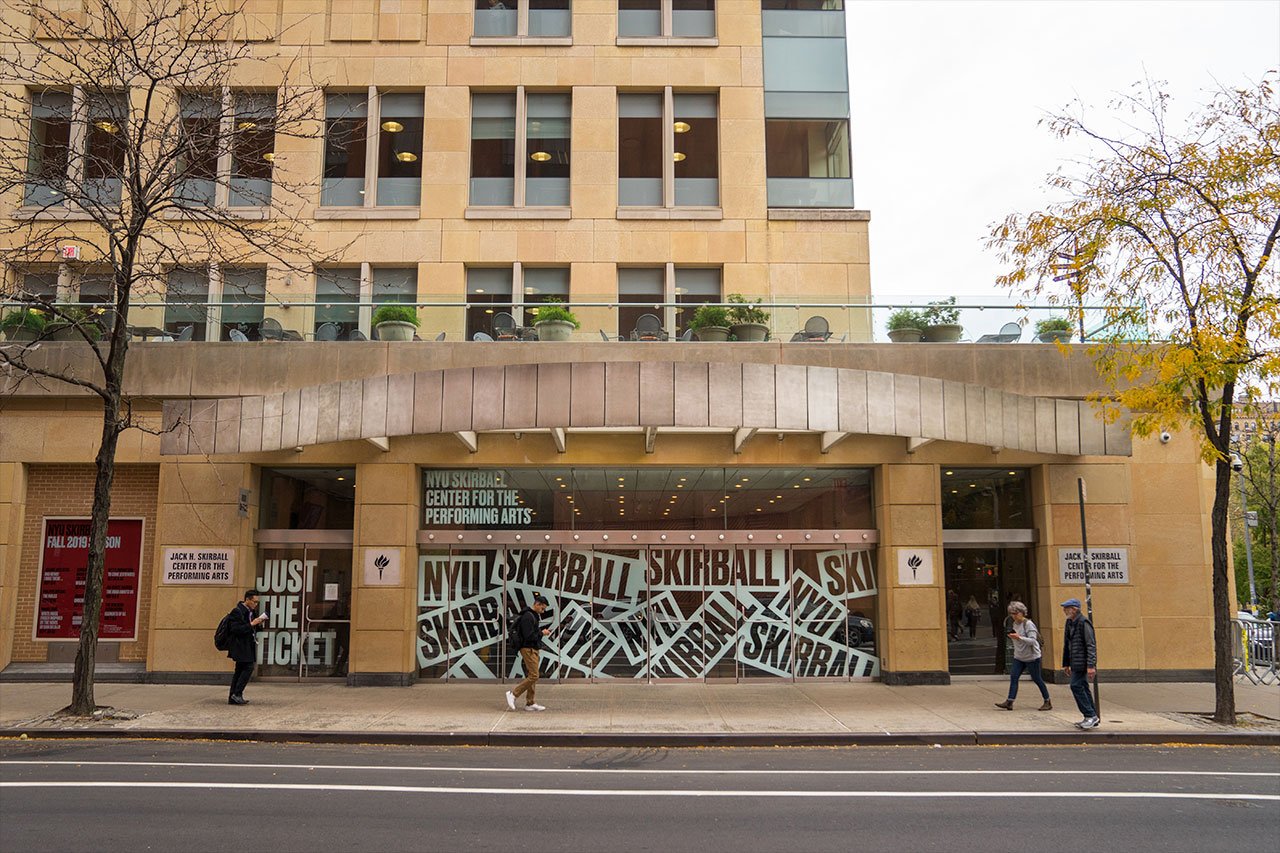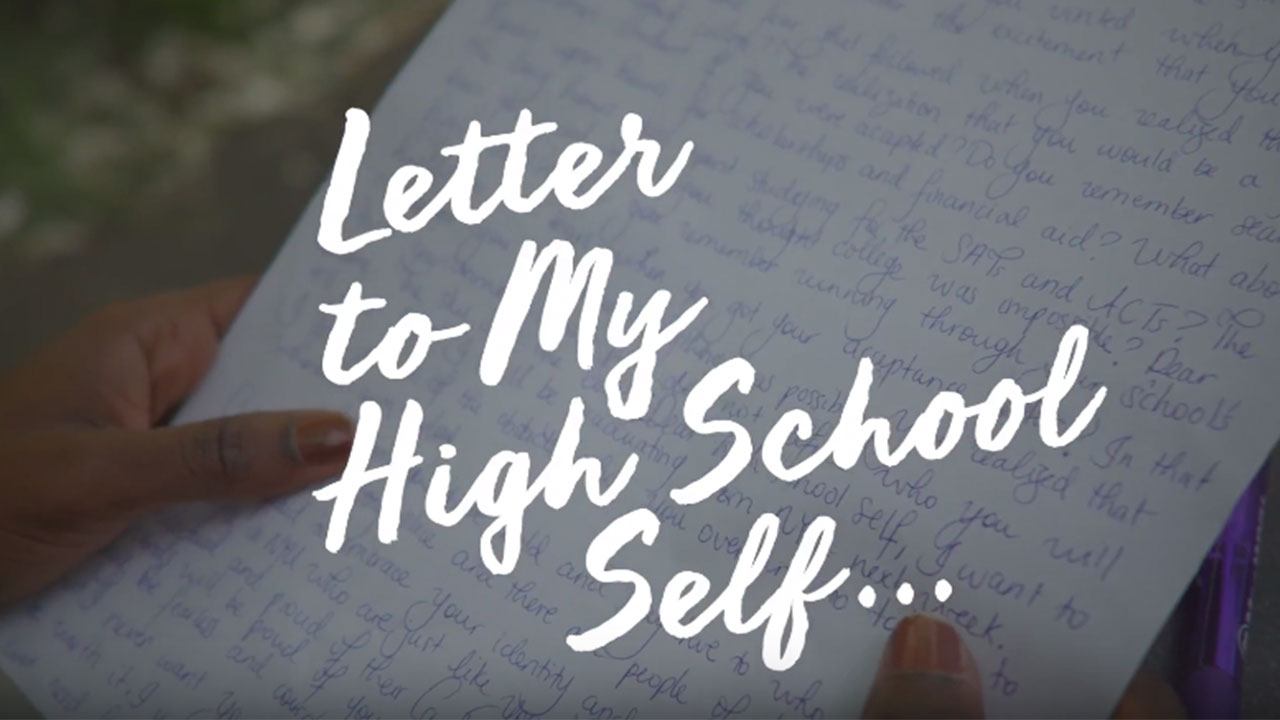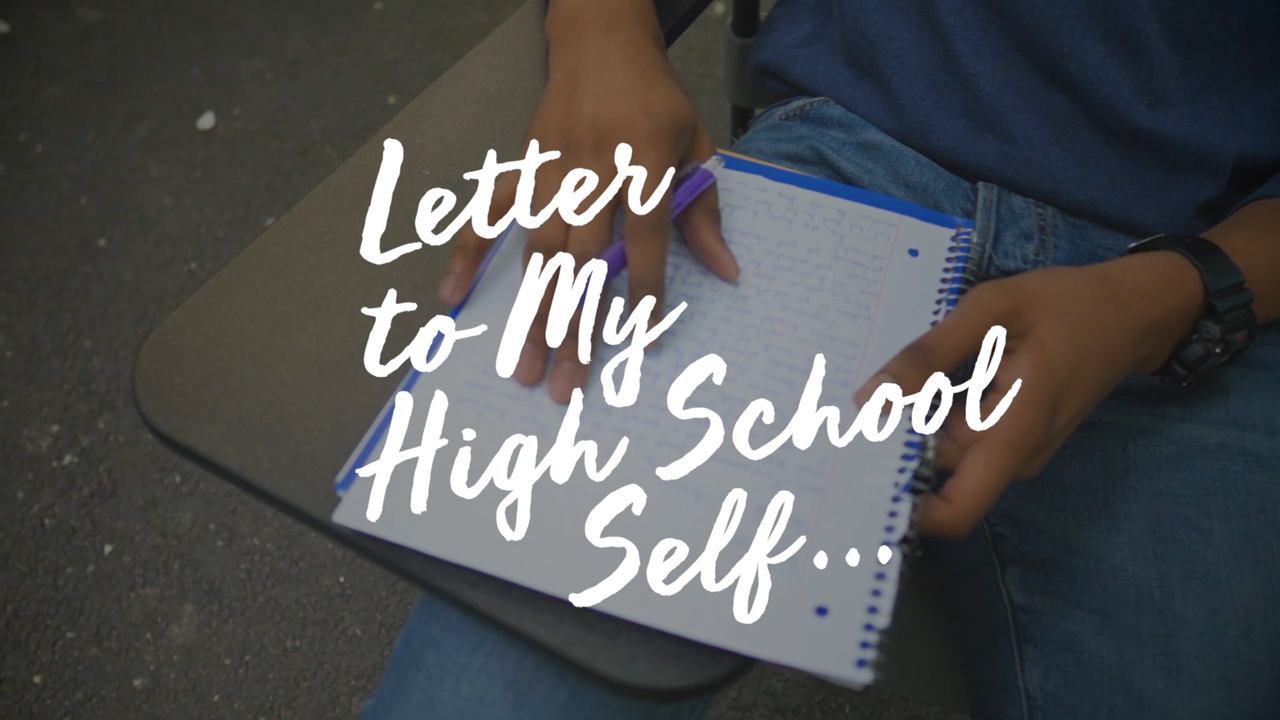Published July 28, 2021
Performing & Fine Art Portfolios: How to Stand Out
Students considering the fine and performing arts may be subject to an artistic review. This involves a performing arts portfolio or an audition process. Have you been considering a major in the fine arts? Or perhaps you’ve been a part of your school’s theatre program, and are thinking about studying acting? What about those musicians who wish to master their instruments as an undergraduate? You will need to prepare to be ready for this, which will take time inside and outside of the classroom.
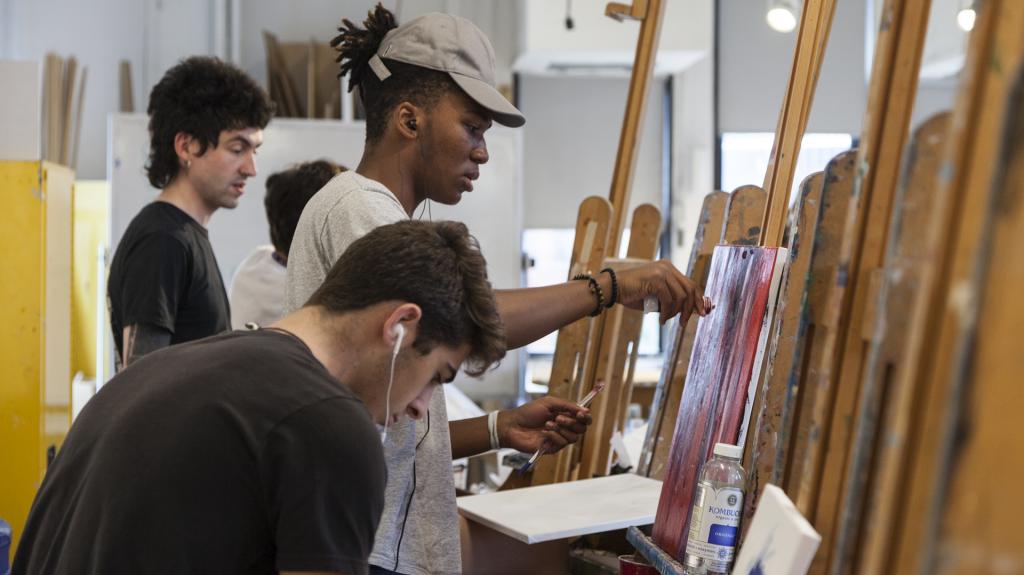
How to Get Started
One first step is to take high school classes to develop a better understanding of what you’d like to study. Artists are always mastering their crafts as lifelong learners, and everyone starts as a beginner. But to truly improve, you’ll need to find avenues to participate and to practice. And this comes from joining an ensemble in your school, private lessons, or joining an organization that allows you to learn and grow. You’ll need to spend time on yourself and your craft.
But what if your school doesn’t have the opportunities that you think will help you grow into the best version of the artist, actor, or performer that you could be? There are plenty of opportunities across the United States and beyond to take classes or be a part of programs to help further your passion and interest in the arts, for instance. You’ll want to take time to research what sort of program you’re looking for. For example, something competitive, something appreciative, and ultimately something that could help you better your craft.
And look no further than New York University’s amazing summer programs. With dozens of programs spanning every area of the arts, you’ll not only study with like-minded students, but you’ll learn from faculty that are masters of their craft. Also, you’ll get a chance to experience college life at NYU.
Hone Your Craft
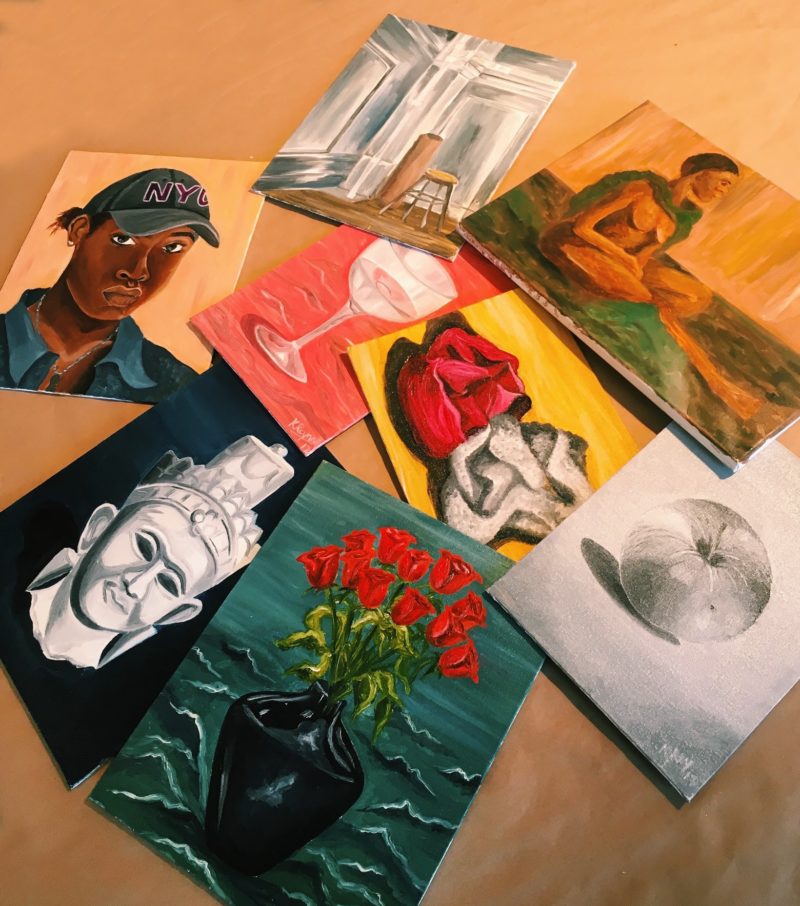
So, perhaps you’d like to hone your craft as a part of the Tisch Summer High School Program? With eight different concentrations ranging from dramatic writing to recorded music, this competitive program is for students looking to push themselves. And everything students do is a reflection of what undergraduates would study. But this is not a summer camp experience! You’ll be introduced to conservatory-style training. Also, with 12 to 16 students per section, you’ll get feedback from your fellow students and faculty.
Really dig in as you build a performing arts portfolio of your dramatic writing or photography pieces. And know that you’ll be perfecting your craft in whatever you may study. You may even find that some students helping instructors in this program are current undergraduates that got their start here.
If the summer isn’t an option, you can always check out online courses in filmmaking and screenwriting. These college-level courses will teach you the fundamentals of visual storytelling for the screen.
Sophomores and juniors local to the NYC area can also check out the Tisch Future Artists Program, which takes place during the spring semester as weekend intensives. Immerse yourself in disciplines like dance, drama, photography, recorded music, and game design, and build your portfolio with the mentorship of Tisch faculty.
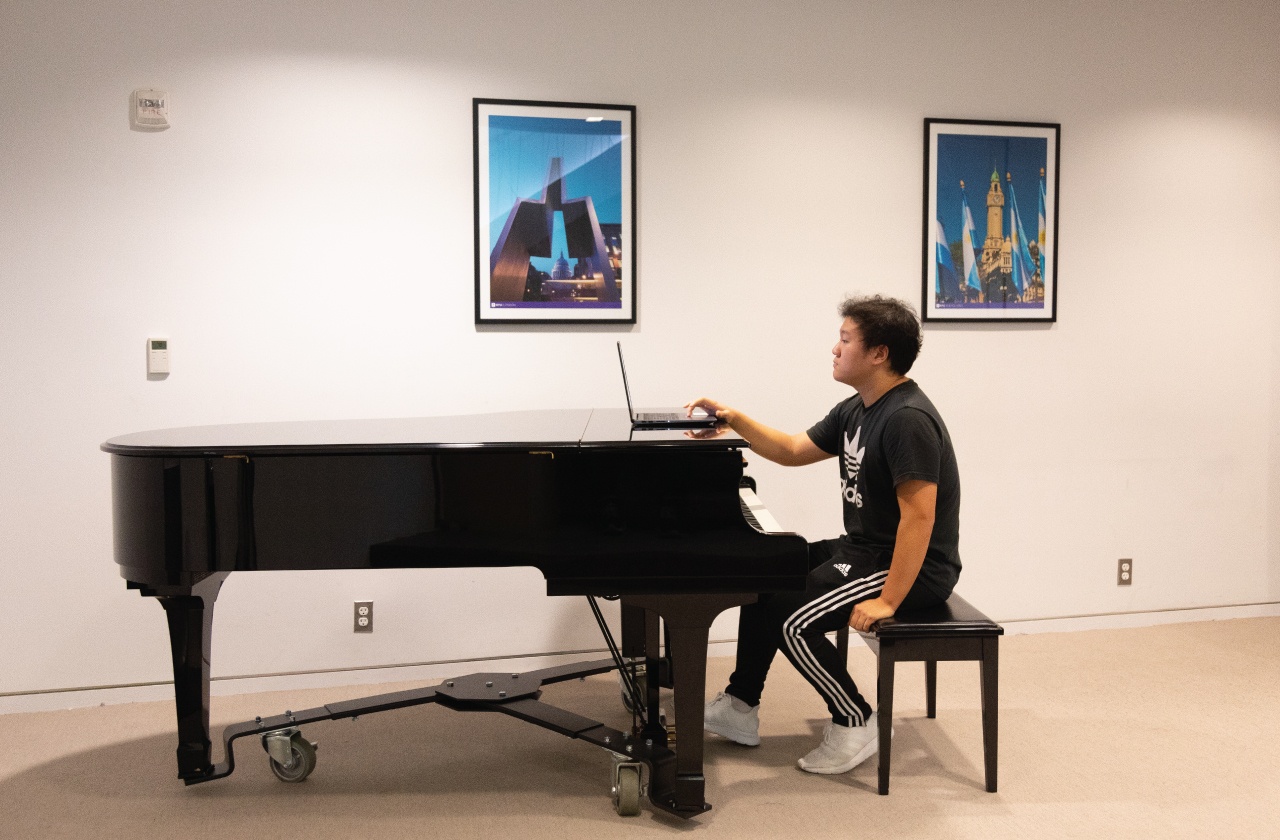
And what about the Music and Performing Arts Professions (MPAP)? MPAP covers vocal performance, recorded music, woodwinds, jazz, and nearly a dozen different areas. So, a song writer might be a vocalist who could also take part in a summer music theatre workshop! Last year, students were able to have one-on-one private lessons while the program was remote.
When on-campus, students work and practice together toward a final performance. Where else will students in composition-based programs use raw film reels to arrange a piece? Or get to hear from industry leaders? Typically recorded, this is another piece to add to your performing arts portfolio.
If studio art is your passion, you can hone your skills and expand your artistic perspective through the Summer Arts Intensive, which prepares high school students to pursue fine arts degrees in disciplines like painting, printmaking, animation, and more. This month-long program allows students to explore their artistic instincts, while learning about theory and aesthetics through lectures and visits to NYC art museums and studios.
Make Connections
But perhaps even more important than that, students in these programs develop close relationships with faculty who may serve as mentors in your future. The Tisch Summer Residential High School Program and the various MPAPs have faculty that also teach in the undergraduate program. Also, students have a chance to build relationships with these faculty who can serve as mentors or future recommenders.
With applied practice, you can understand what studying with these faculty would be like. You’ll be pushed by other students to elevate your current level. You’ll get to build your confidence level and be prepared for challenges ahead. Remember, these same faculty may be reviewing creative portfolios or auditions in the future.
Your Future
Students entering into the performing arts space are all striving to perfect their craft and become a better performer. But it takes time to truly hone your skills. You’ll get a taste of what NYU is like, and what you may need in your future performing arts portfolio or audition. And you’ll learn from the best, and have a chance to get to know potential future faculty. All the while you’ll be with other students working to elevate your art. Take the opportunity to grow, and to build your performing arts portfolio or auditions pieces for the future.
